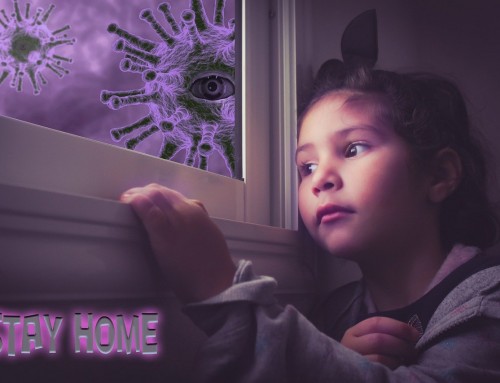
Guest Blog by Michelle Topal, MSW, LCSW
The Impact on Children
Separation and divorce is a difficult, painful process for everyone involved. It usually precipitates significant change and loss, and triggers in most people deep feelings of failure, lack of control, rejection and abandonment. Many things have been written about the impact the change to the family system can have on children. This article summarizes a few of the common experiences children can have when their parents separate or divorce.
Feelings of Loss
The loss that goes along with a divorce is complex. There is the loss of family unity, loss of the familiar. There can be a loss of innocence and a sense of security. There is the loss of living with both parents. (Even if children are living equally with both parents, they are no longer living with both parents, together.) A great deal of change can go along with a divorce, which may affect who children see on a daily basis, where they live, where they go to school, as well as their family financial situation. All of this adds up to significant feelings of loss for children experiencing divorce.
Feelings of a Lack of Control
Children are dependent on the adults in their lives. They have little control over the events and resources in their lives. When families are changing, that transition can cause fear, anxiety, and depression in children as they grapple with the painful aspects of that change, the unknown, and their own inability to have an effect on the unfolding events.
Complex, Conflicted Feelings They may be Ill-Equipped to Handle
Some children may feel relief after parents divorce. This is especially true if there has been a lot of conflict, tension, violence or abuse in their family.
Children may feel a need to take sides. If parents are openly hostile or emotionally struggling, children may feel compelled to support one parent over another. In this context, they may also experience deep conflict in aligning with either or both parents, for fear of alienating parents at a time when the family structure is uncertain. This is very damaging and confusing for children who are having their own strong feelings and also caught in the middle of the emotional tension.
It’s common for children to feel angry, but they may also feel shame or guilt about those feelings. Depending on their age, how much they know and understand about the situation, how the parents and rest of the family are coping, and many other factors, children may be angry at one or both parents, all the while experiencing internal conflict and distress about those feelings. Feelings of fear, anxiety, abandonment, and rejection often accompany these types of significant changes in a child’s life.
Behavioral Shifts
All of this may lead to emotional and behavioral shifts in children, such as regression in previously mastered skills, acting out, depression or even “stepping in” to become a parental surrogate if they feel their parent or parents are struggling and may not be able to meet the child’s or family’s needs.
Reducing the Impact of Divorce
Children may feel unsafe sharing their feelings when they see their parents in significant conflict. Minimizing conflict is vital to reducing the difficulties of separation and divorce. This can be facilitated by choosing a divorce process, such as collaborative divorce, where the divorce attorneys will help to reduce, rather than ratchet up, powerful emotions and areas of disagreement between parents.
Because children do not want to hurt their parents, can feel unsafe sharing their feelings, or may not have the developmental skills to express themselves, it is often helpful to have children see a psychotherapist or counselor to give them an outlet to talk about their distress. It’s important to normalize that so the child doesn’t feel like they did something wrong or that there is something wrong with them. You want them to feel some sense of empowerment; they should feel that while they can’t change what is happening in their family, it is certainly not their fault.
Simply recognizing a child’s emotional needs, limiting their exposure to conflict between their parents, and providing the space for children to express their emotions goes a long way in reducing the traumatic impact of separation and divorce.
Michelle Topal, MSW, LCSW is the Owner of Change for Living Counseling, PLLC, and the Raleigh Counseling Collaborative
www.ChangeForLivingCounseling.org
www.raleighcounselingcollaborative.com




